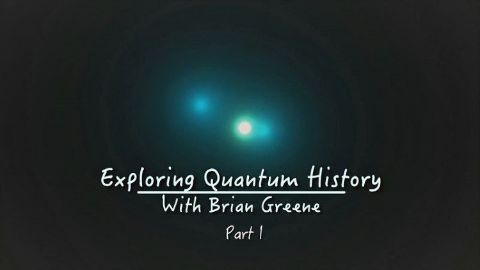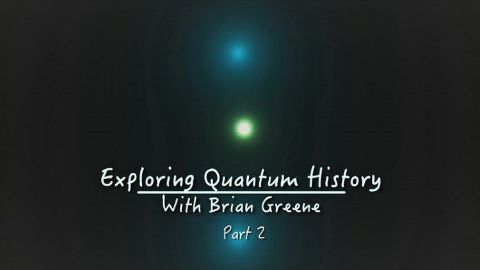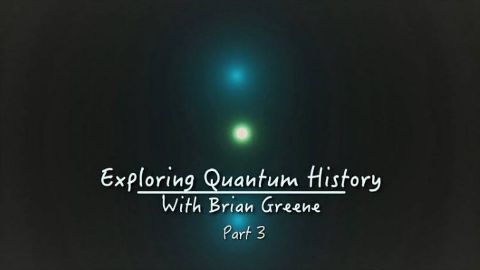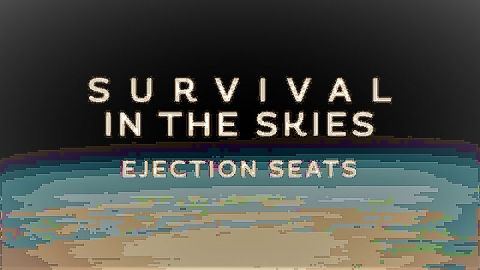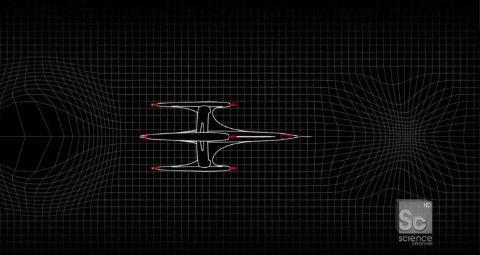A World of Uncertainty • 2016 • episode "S1E2" • Exploring Quantum History with Brian Greene
As the theories on quantum mechanics begin to take shape, the 1927 Solvay Conference becomes a battleground for new scientific ideas. The world’s most brilliant minds, including Einstein and Bohr, try to crack the nature of the subatomic world. Join Brian Greene in exploring this fascinating period.
Make a donation
Buy a brother a hot coffee? Or a cold beer?
Hope you're finding these documentaries fascinating and eye-opening. It's just me, working hard behind the scenes to bring you this enriching content.
Running and maintaining a website like this takes time and resources. That's why I'm reaching out to you. If you appreciate what I do and would like to support my efforts, would you consider "buying me a coffee"?
Donation addresses
BTC: bc1q8ldskxh4x9qnddhcrgcun8rtvddeldm2a07r2v
ETH: 0x5CCAAA1afc5c5D814129d99277dDb5A979672116
With your donation through , you can show your appreciation and help me keep this project going. Every contribution, no matter how small, makes a significant impact. It goes directly towards covering server costs.
